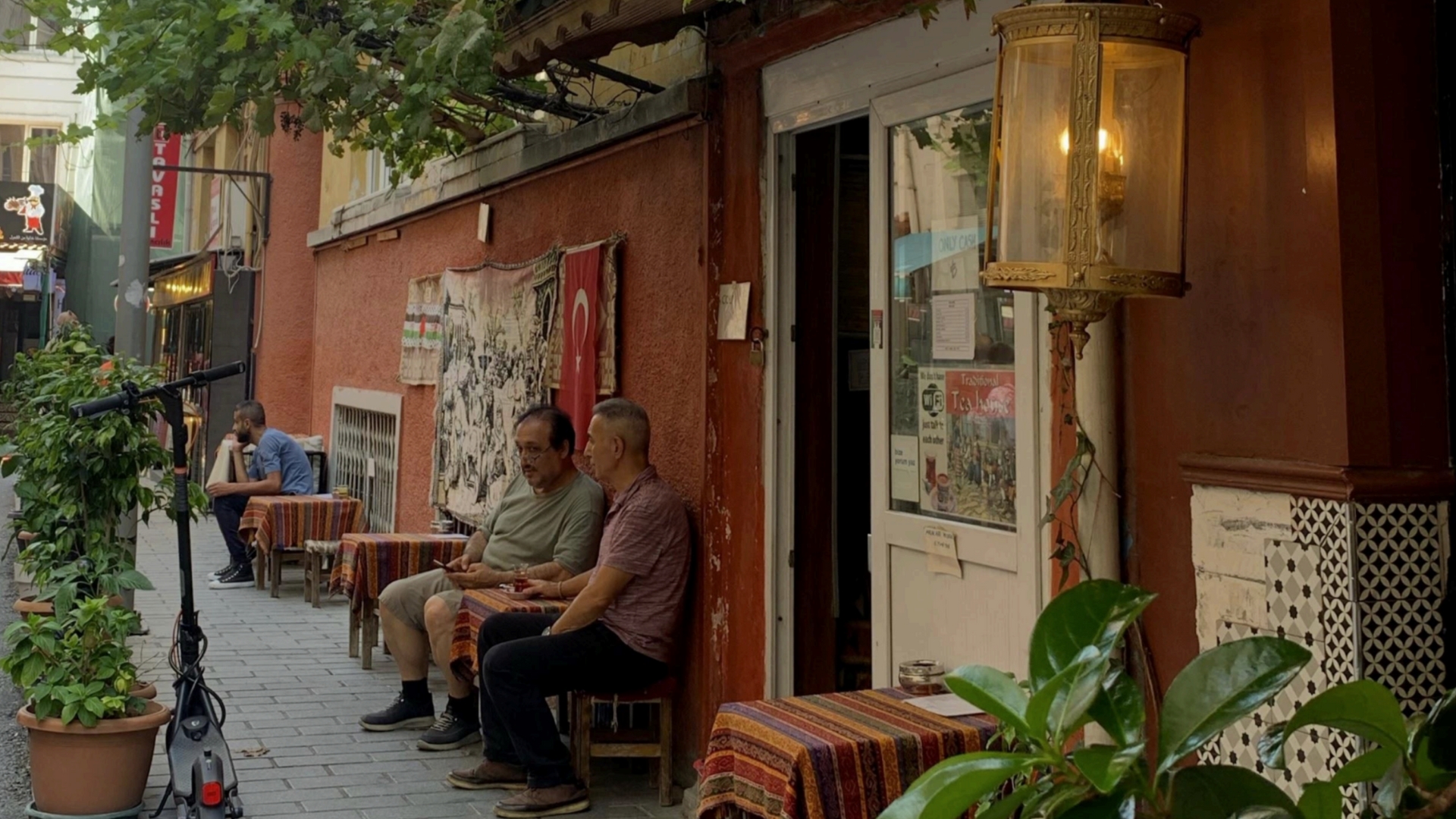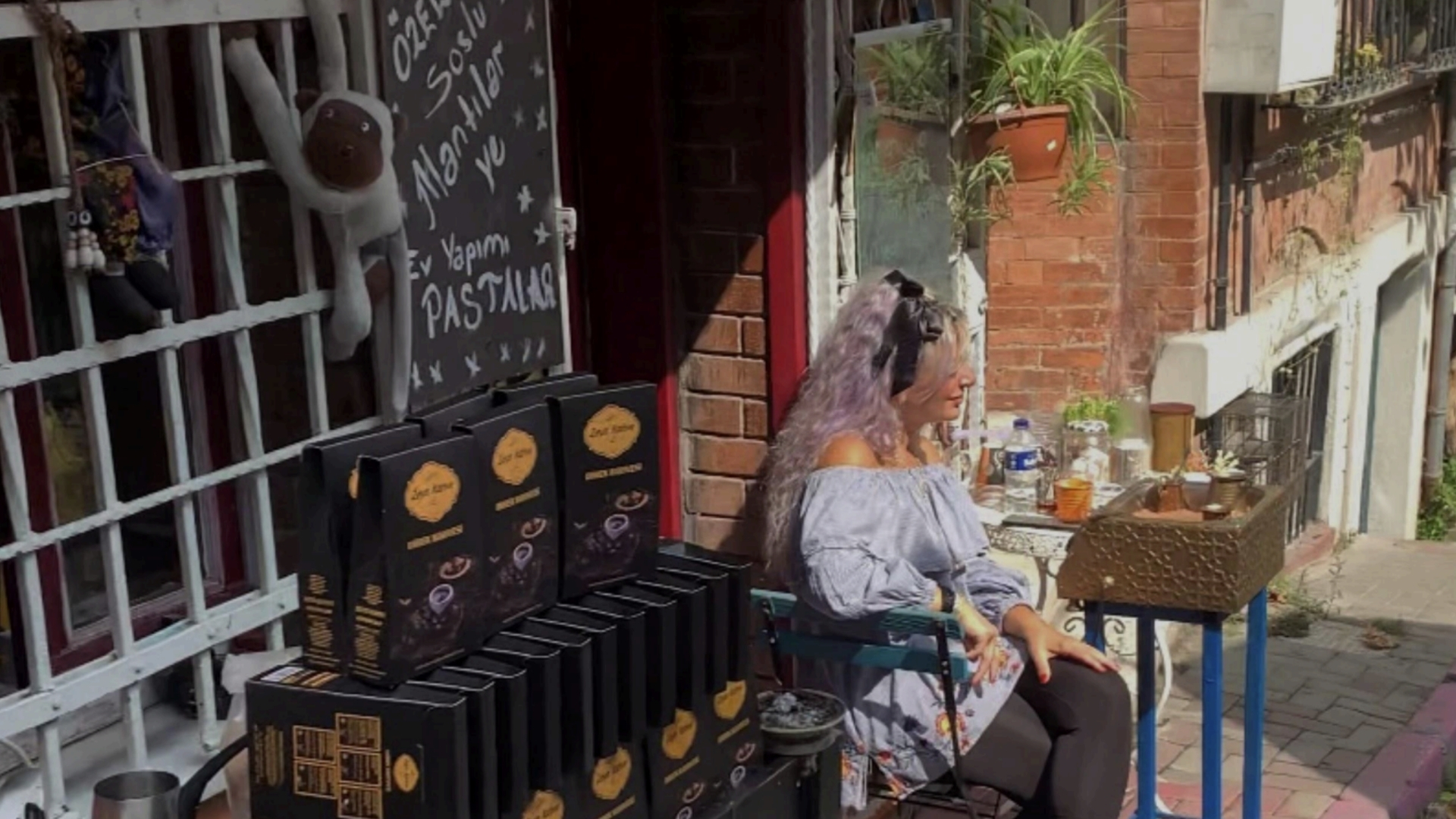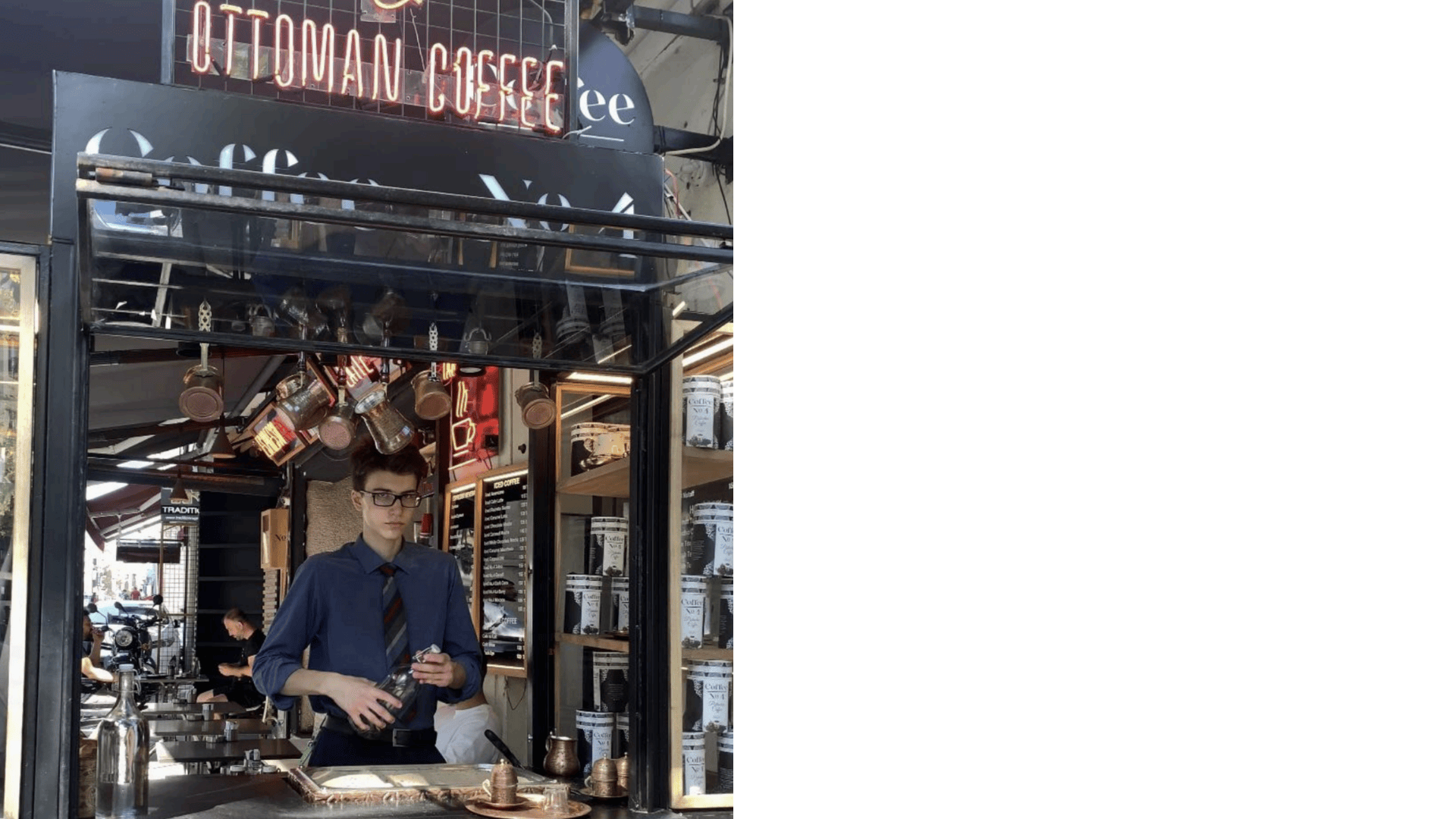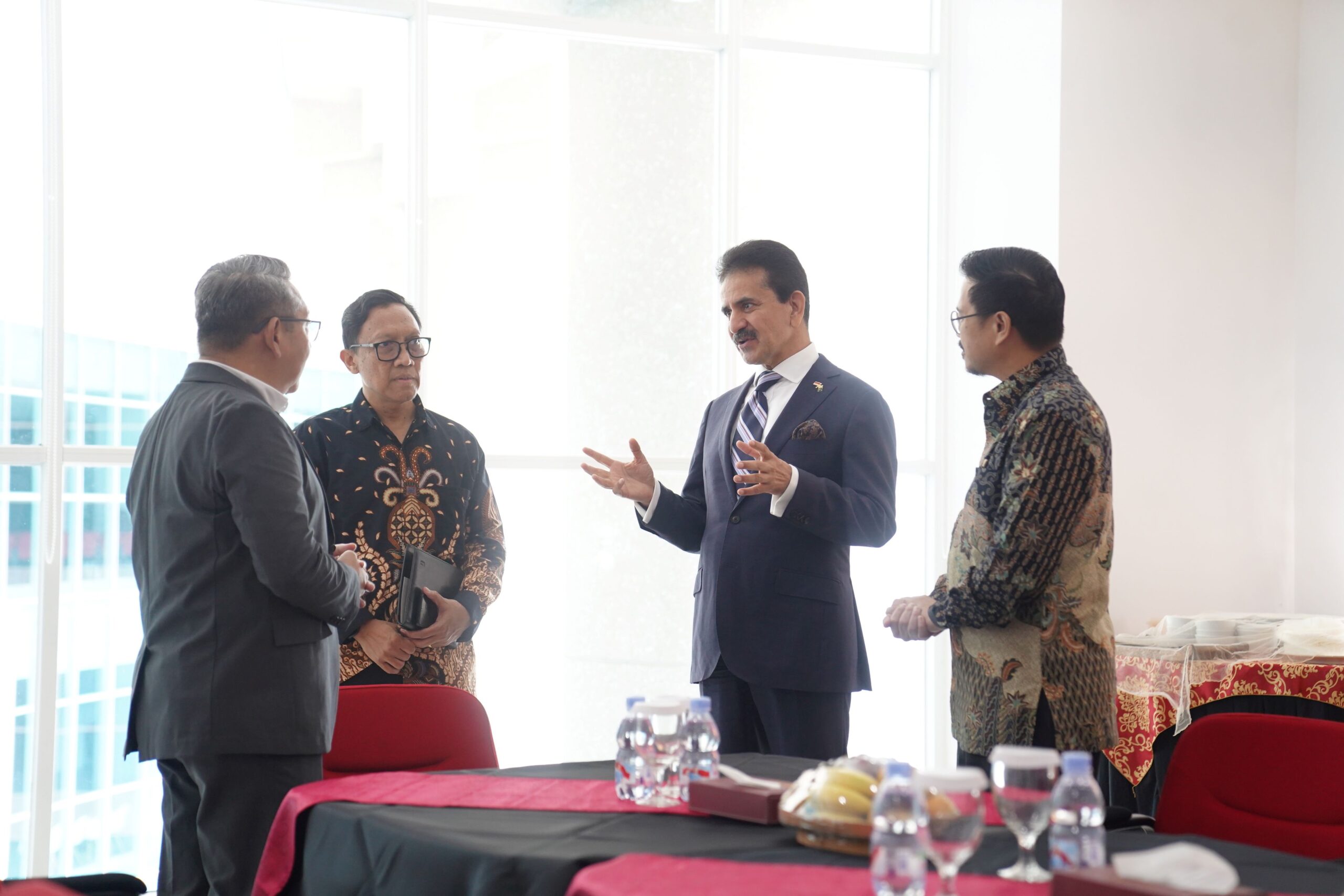The Power of Coffee, Culture, and Connections
Written by Afiqa Syazana
After water, coffee is the most consumed beverage worldwide, even surpassing tea.
This is particularly evident in Turkey, where coffee has been an integral part of the nation’s
rich history and culture since the Ottoman era. More than just a beverage, Turkish coffee is
deeply embedded in Turkish society. Despite the country’s inflationary challenges, coffee
shops remain popular among both locals and tourists. The first coffee house opened in
Istanbul in 1554, leading to the establishment of around 600 coffee houses by the mid-17th
century, marking the birth of the vibrant coffee culture that is enjoyed today. Since Turkiye
doesn’t produce its own coffee, it was the Ottoman Empire that refined the brewing process
and introduced it to the world. The journey began in the 16th century when agovernorfrom
Yemen brought coffee beans to Sultan Suleiman’s palace in Istanbul, where they were
roasted, ground, and combined with water and sugar in a cezve, cooked over a hotsandfire.
Turkish coffee, renowned worldwide by this name, has been an integral part of Turkish
cultural and social history (Yilmaz et al., 2017).

Picture 1. Kahvehane (classic coffee house) & çaybahçesi (teagarden), commonsocialhubsin Turkeyfor enjoying beverages and socializing.
Turkish coffee has earned UNESCO recognition as an intangible cultural heritage,
celebrated for its traditional brewing methods, serving rituals, and its vital role in fostering
community and dialogue. This exquisite beverage invites people to delve deeper into Turkish
culture and serves as a bridge connecting Turkey to the world. With deep cultural and
historical roots, Turkish coffee embodies hospitality, friendship, and refinement. It plays a
pivotal role in social gatherings and ceremonies, encouraging heartfelt conversations among
friends. This simple act breaks the ice and paves the way for cultural exchange. Efforts are
currently underway to revive this cherished tradition and promote coffee houses as cultural experiences for visitors. This practice, which includes the fascinating art of fortune-telling with coffee grounds, is lovingly passed down through generations and celebrated as a
fundamental aspect of Turkish heritage(Ministry of Culture and Tourism, 2011). The tradition
of fortune-telling with coffee grounds in Turkey has a rich history spanning over 500 years,
and it has recently gained popularity among the country’s Gen Z population (“Tasseography:
TheTurkish tradition that’s ‘as big as Tinder’” 2024).

Picture 2. A coffee shop in Balat that offers Turkish coffee fortune-telling services to tourists.
By the 16th century, the Ottoman Empire had introduced coffee to Western countries, leaving a lasting impact on trade relations and diplomatic interactions. Their rich coffee culture played a key role in spreading coffee globally. Although the Ottomans maintained control over coffee production and trade, Europeans attempted to bypass this by sourcing coffee directly from Arabia. However, these efforts ultimately proved unsuccessful. In a bold move during the 1960s, the Dutch smuggled coffee plants out of Arabia and planted them in their Indonesian colony, leading Java, Sumatra, and Bali to become prominent coffee-producing regions. France also sought to cultivate coffee to take advantage of this lucrative market. During the Ottoman period, coffee became essential to developing coffee culture, spreading rapidly across Europe and eventually to the Americas. Beyond its delightful taste, coffee has found a warm welcome in coffeehouses and everyday conversation (Küçükkömürler & Özgen, 2009).
Picture 3. A small coffee shop in the Fatih district, serves Turkish coffee with a traditional Ottoman Empire concept
Turkish coffee transcends a mere beverage, it’s a communal practice that intertwines
cultural spaces, social values, and beliefs within a context of socialization. Istanbul has emerged as a prominent center of coffee culture, where visitors from around the globe can
experience Turkish coffee in its various forms, both traditional and contemporary, fostering
cultural exchange. Turkish coffee is distinctive due to its unique preparation and brewing
methods, resulting in a one-of-a-kind flavor. The social aspect of drinking Turkish coffee is a
traditional means of connection and socialization. Just as the Bosphorus Bridge connects Asia and Europe, coffee can serve as a bridge connecting Turkey to the world.
The UNESCO Heritage list is a valuable platform showcasing the nation’s rich cultural
expressions and demonstrating its cultural expertise and diplomatic prowess. Intangible
heritage, especially the increasingly popular Turkish coffee, offers immense potential for soft
powerandcultural diplomacy. Turkey’s longstanding coffee culture is effectively leveraged for
cultural diplomacy, also known as gastrodiplomacy. Turkish coffee can be a central
component of a national branding strategy, serving as a form of soft power to promote
cultural exchange and foster a more positive global image of Turkey. Turkish coffee, as a
cultural symbol, can attract tourists seeking authentic experiences and contribute to a more positive image of Turkey through soft power, serving as a delightful invitation to explore the
country’s rich cultural heritage and connect with people from around the world.
References
Aral, A. E., & Kilic, C. H. (2024, April 9). Why Is Coffee an Integral Part of Turkish Culture?
YouTube. Retrieved September 3, 2024, from https://www.youtube.com/watch?v=oPeXtozSnxY
Küçükkömürler, S., & Özgen, L. (2009). Coffee and Turkish CoffeeCulture. Pakistan Journal of Nutrition, 8(10), 1963-1970.
Ministry of Culture and Tourism. (2011). Turkish coffee culture and tradition- intangible heritage- Culture Sector- UNESCO. UNESCO Intangible Cultural Heritage. Retrieved September 3, 2024, from https://ich.unesco.org/en/RL/turkish-coffee-culture-and-tradition-00645
Yilmaz, B., Acak-Tek, N., & Sozlu, S. (2017, October 13). Turkish cultural heritage: a cup of
coffee. Journal of Ethnic Foods, 4, 213-220.
“Tasseography: The Turkish tradition that’s ‘as big as Tinder.’” 2024. BBC.
https://www.bbc.com/travel/article/20240312-tasseography-the-turkish-tradition-that
s-as-big-as-tinder






